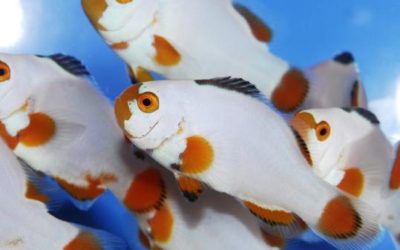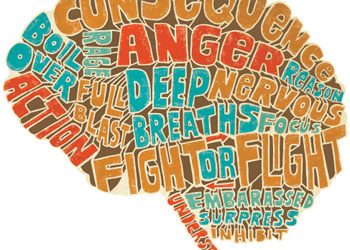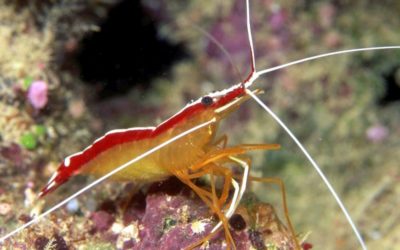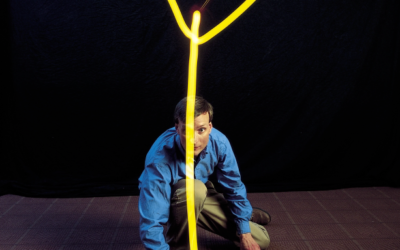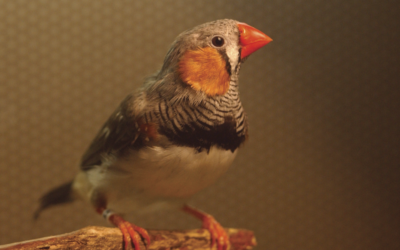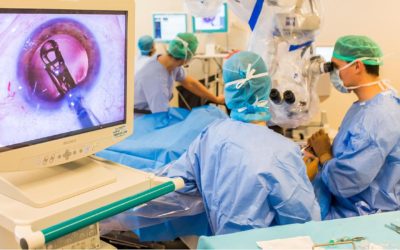
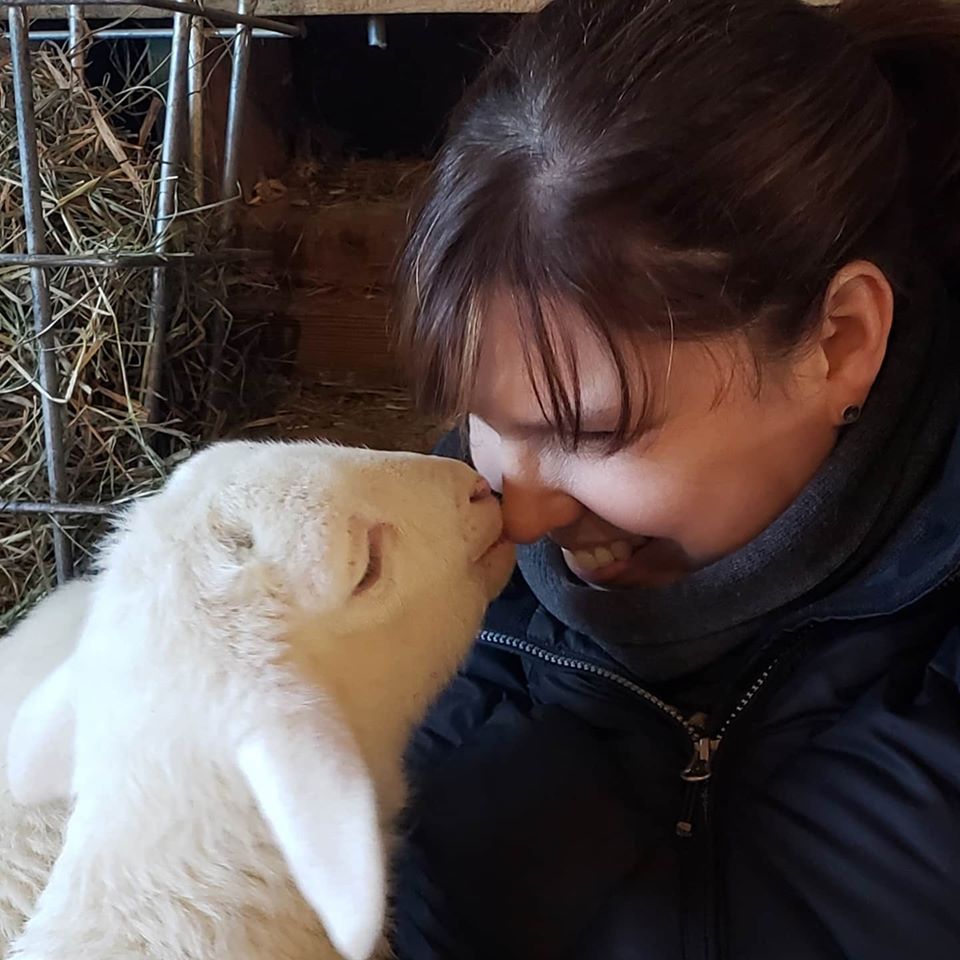
Bio
A science and medical writer for more than 25 years, I have covered everything from the use of gene therapy to treat childhood diseases to the discovery of new dinosaur species. I have written for newspapers, magazines, online news sites, universities, and hospitals, completing stories varying in length from 250 words to 10,000 words. I also have nearly 20 years of experience as an editor, both for magazines and web sites, and have been involved in legislative advocacy and social organizing in Maine since 2017. See my full resume.
Breeding Nemo, Maine lab flourishes
Boston Globe
Soren Hansen’s first marine lab was in the closet of an apartment in Orono, Maine. Years later, his company, Sea & Reef, was one of only a few whose tropical saltwater fish are grown from eggs produced in captivity.
Gene Therapy’s Road to Redemption
Pediatrics Nationwide magazine
Fifteen years ago, gene therapy suffered a highly visible fatality, leaving the field in shambles. Now, one team’s efforts at gene therapy for muscular dystrophy suggest the field may finally be on track to deliver on its initial promise.
Angry Brains
Sarah Lawrence Magazine
People fight because of how they feel, whether angry, afraid, or threatened. Can understanding what’s happening in our brains help us control destructive emotions?
Crowning Glory
Compass Magazine
Once the keystone species–that upon which all the others depend–in the largest single-tree-dominated ecosystem in the United States, longleaf pine now occupies just under 3 million acres, less than 5 percent of its original territory.
This Shrimp’s Got Rhythm
Science magazine
Yellow-beaked cleaner shrimp may not sing for their supper, but they’ll dance to get a meal, a new study suggests. The small crustaceans, which dine on parasites that infest large, predatory fish, use the dance to attract customers.
The “Y” Files
Paradigm magazine
The Y chromosome has been called the Rodney Dangerfield of the genomic world. New studies suggest it’s time to give the chromosome a little respect.
Baby birds’ babbling finally makes sense
Boston Globe
New research from MIT suggests a specialized brain circuit is behind the male songbirds’ early ramblings, and may also underlie the nonsensical noises made by their human counterparts.
Drivers of Discovery
Paradigm magazine
A national report says postdoctoral researchers are “indispensable” to the advancement of science, a fact often overlooked by institutions and funding agencies. Now, postdocs are pushing for change. And people are listening.
Steroid eye drops reverse cataracts in mice
Science magazine
More than half of Americans over the age of 70 have cataracts, caused by clumps of proteins collecting in the eye lens. The only way to remove them is surgery, an unavailable or unaffordable option for many of the 20 million people worldwide who are blinded by the condition.
Science magazine
Antibiotics Alone are a Successful Treatment for Uncomplicated Acute Appendicitis in Children
Pediatrics Nationwide magazine
Using antibiotics alone to treat children with uncomplicated acute appendicitis is a reasonable alternative to surgery that leads to less pain and fewer missed school days, according to a pilot study.

